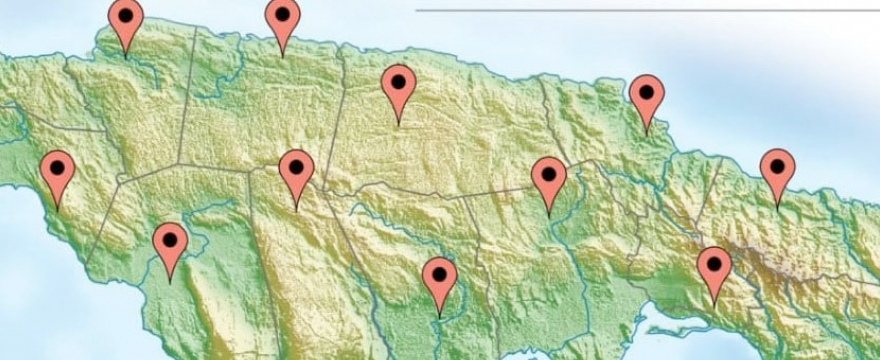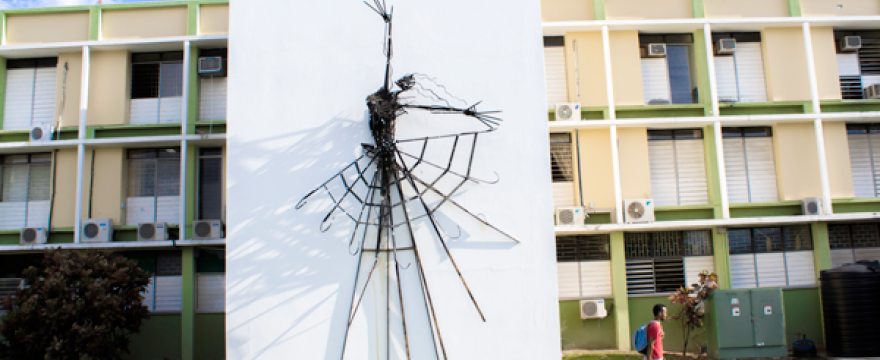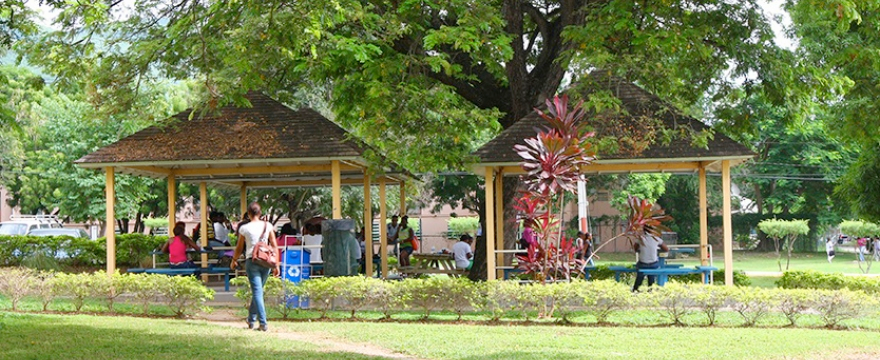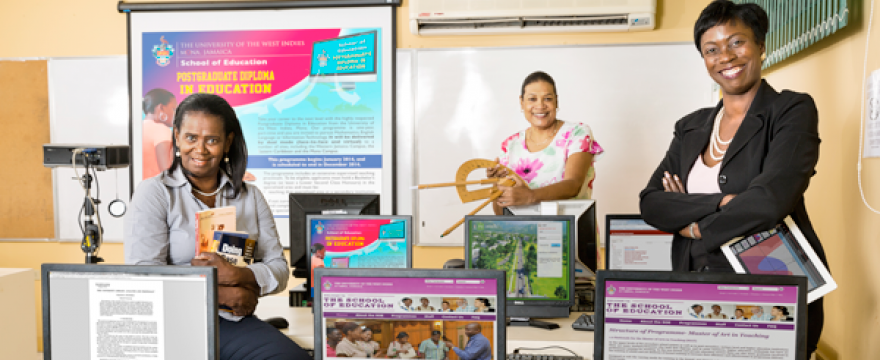There has been much talk about student-centred classrooms and students being in control of their own learning. Such notions, even with good intentions, create tensions in classrooms as the power relations between teachers and students are never equal. Students expect teachers to take charge and to teach; teachers expect students to learn and to know who is in charge! Everyday classroom spaces are clearly not ideal for teachers to become learners and learners to be teachers in role reversals that lead to both learner and teacher empowerment. Teachers of English in training and teachers pursuing postgraduate degrees at the University of the West Indies, Mona campus have carved out a new dialogic space in their dual roles as teachers and learners preparing to teach English language and Literature in Creole-speaking environments. This Single Virtual School Space (SVSS) in the form of a computer technology –enhanced Television Studio that links School of Education with Caribbean classrooms was birthed out of a five-year intervention in which teachers pursuing undergraduate courses that support the delivery of the CSEC English syllabus planned, staged and filmed their assignments for assessment in the form of conferences, Readers Theatre, seminars and workshops before live audiences of 1550 students from selected schools. The films were usually edited into 30 min sessions, and taken to local cable television operating in confined geographical spaces for dissemination as examination revision sessions. There was need for a physical but wall -less space on the Mona Campus that merge teachers learning, students learning, syllabus inquiry, research and innovation. This search gave birth to the appropriation of the television studio into a place with pedagogical significance for the professional development of teachers and the improvement of student learning.
Categories: Research in Action










